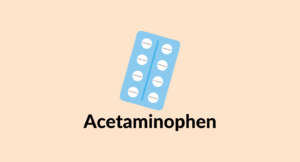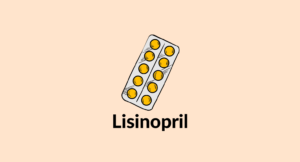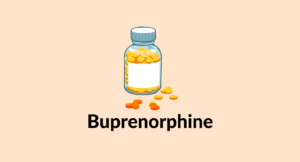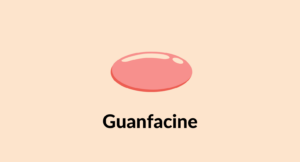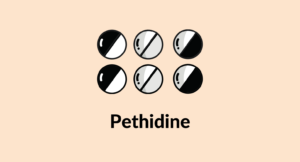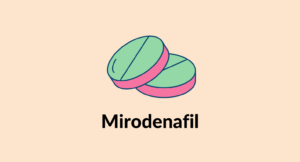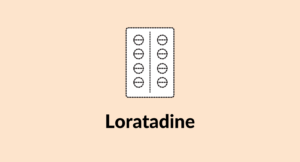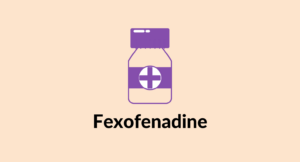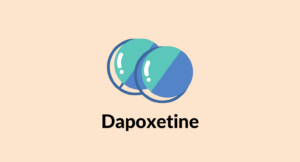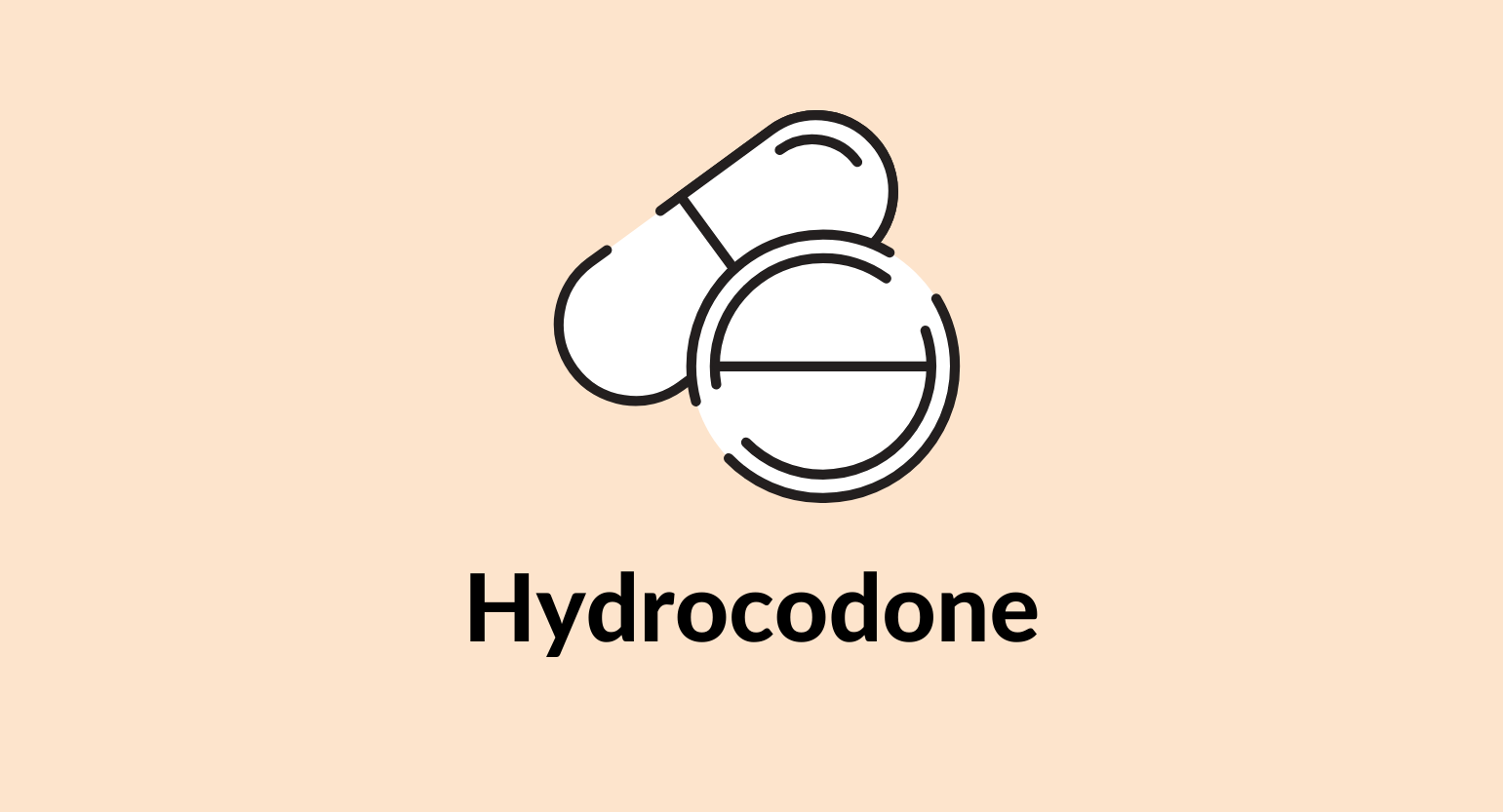
Does CBD Interact With Hydrocodone (Zohydro ER)
Cannabidiol (CBD), a cannabinoid, can act as a metabolic inhibitor and an agonist to the opioid analgesic hydrocodone and intensify its effects.
Hydrocodone (Zohydro ER) is a synthetic opioid derivative of codeine. It’s used as a cough suppressant and analgesic in combination with acetaminophen.
Cannabidiol, a cannabinoid from the cannabis plant, is another popular painkiller for managing conditions including arthritis, delayed onset muscle soreness (DOMS), neuropathic pain, and much more.
Is it safe to mix CBD with hydrocodone? Will these substances interact, and if so, how serious is the risk of adverse effects?
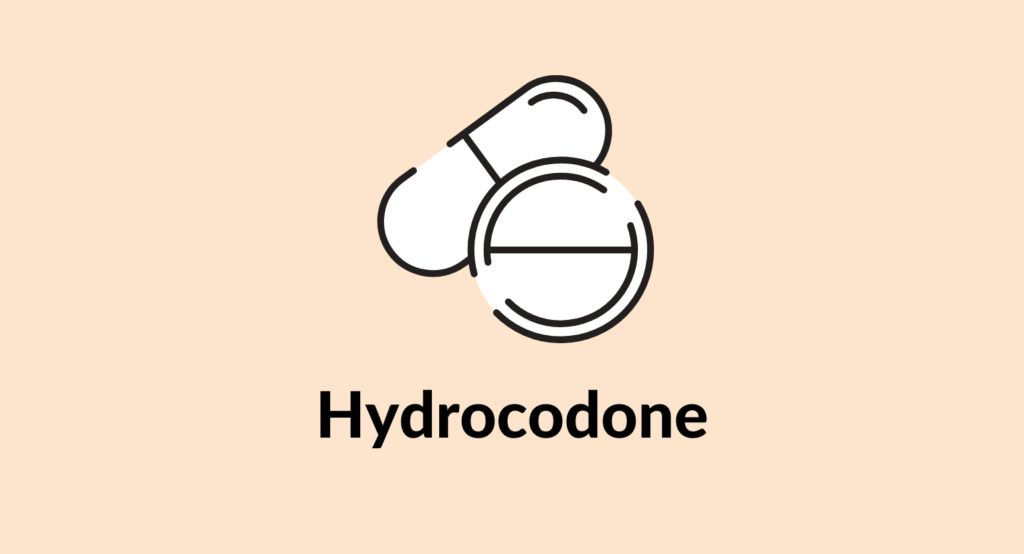
Does CBD Interact With Hydrocodone (Zohydro ER)?
Yes. CBD may interact negatively with hydrocodone.
This risk is considered mild to moderate. When used within the recommended safe dosages, the risk of negative side effects with this combination is rare and tends to be mild in nature.
However, due to the severity of some of the side effects of hydrocodone, it’s wise to speak with your doctor before taking CBD alongside your prescription.
Preparations that contain both hydrocodone and acetaminophen carry the greatest level of risk of adverse reaction with CBD and other cannabinoids.
There are two primary ways CBD and hydrocodone may interact:
A) Slowed Elimination (Metabolic Inhibition)
The enzymes of the cytochrome 450 families are responsible for drug metabolism in the body.
Metabolic inhibition occurs when two drugs fight for the same enzymes to get metabolized. This action could result in slowing down the metabolism of one or both drugs.
Hydrocodone is metabolized by the enzymes CYP2D6 (minor) and CYP3A4 (major). CYP2D6 converts it into the substance hydromorphone and CYP3A4 into norhydrocodone.
These same enzymes are required to metabolize CBD as well.
Taking both substances together for extended durations may result in a rise in the plasma levels of hydrocodone. If levels become too high, it can lead to side effects associated with overdose.
B) Increased Effect (Agonistic Interaction)
An agonistic interaction happens when two or more items display the same effect on the body. When two or more substances apply the same effects, it can lead to an excessive force, leading to side effects.
Both CBD and hydrocodone suppress the central nervous system. Theoretically, this could lead to symptoms associated with excessive suppression of nervous system activity (such as sedation, fatigue, lethargy, short-term memory loss, dizziness, and more).
Similar Medications: CBD & Opioid Painkillers
Hydrocodone is classified as an opioid. CBD and opioid painkillers all share similar risks for interaction and side effects.
The main risk associated with the use of opioids and CBD or other cannabinoids is excessive nervous system suppression — leading to symptoms including sedation, loss of consciousness, inebriation, and low blood pressure.
Here’s a list of similar medications that share a similar level of risk when combined with CBD:
- Buprenorphine (Cizdol, Brixadi)
- Codeine
- Pethidine (meperidine, Demerol)
- Fentanyl (Abstral, Actiq)
- Hydromorphone (Dilaudid)
- Methadone (Methadose, Dolophine)
- Morphine (Kadian, Roxanol)
- Oxycodone (Percodan, Endodan, Roxiprin, Percocet, Endocet, Roxicet, OxyContin)
- Tramadol (Ultram, Ryzolt, ConZip)
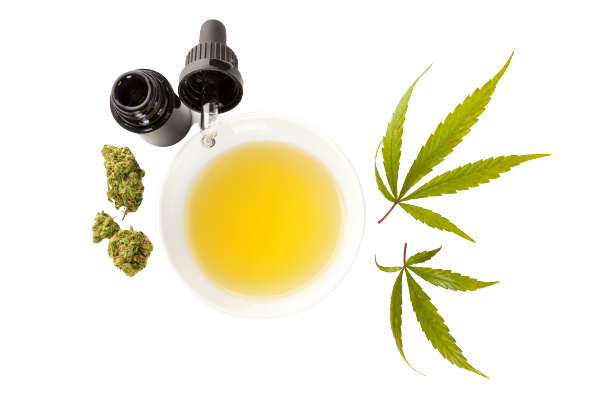
Is It Safe to Take CBD & Hydrocodone Together?
In general, CBD and hydrocodone are safe to take together when used within the recommended dosage ranges.
However, some of the potential side effects of hydrocodone are severe, so it’s wise to exercise caution and speak with your doctor before taking these substances in combination.
Related: What Are the Side Effects of CBD?
Is CBD A Viable Alternative to Hydrocodone?
CBD may be a viable alternative to hydrocodone for managing mild to moderate pain.
However, hydrocodone is significantly stronger than CBD, which puts it in a class of its own. Many people turn to CBD as an alternative to prescription opioids, but it isn’t always sufficient, depending on the severity or source of pain.
A study conducted on patients with chronic pain showed that CBD hemp extract could decrease pain in these patients and improve their quality of life [1]. CBD has confirmed anti-inflammatory and antioxidant properties as well [2].
CBD, however, is not an effective alternative to hydrocodone for treating cough. A study showed that while delta 9 tetrahydrocannabinol (THC), another cannabinoid from the cannabis family, was effective in decreasing cough, CBD itself does not show such effects [3].
What is Hydrocodone (Zohydro ER)?
Hydrocodone is an opioid analgesic. It’s indicated for the management of acute pain, often in combination with acetaminophen or ibuprofen.
For coughs, hydrocodone is often combined with homatropine methyl bromide or codeine. It’s also used in the symptomatic treatment of the common cold and allergic rhinitis in combination with decongestants, antihistamines, and expectorants.

Hydrocodone Specs:
| Drug Name | Hydrocodone |
| Trade Names | Zohydro ER, Hysingla ER, Hycodan, Dalmacol, Dimetane, Hycet, Hydromet, Hysingla, Lorcet, Lortab, Norco, Obredon, Reprexain, Tussicaps, Tussionex, Vicoprofen, Xodol, Zamicet, Zohydro, Zydone |
| Classification | Opioid analgesic |
| CYP Metabolism | CYP2D6 (minor) CYP3A4 (major) |
| Interaction With CBD | Metabolic inhibitor, Agonistic |
| Risk of Interaction | Mild |
What Does Hydrocodone Do?
Hydrocodone is a synthetic opioid derivative of codeine. It acts on the central nervous system and has an analgesic and antitussive effect. Hydromorphone, a derivative of hydrocodone, is also used to treat chronic pain.
Opioids can bind to specific opioid receptors in the nervous system. There are three main classes of opioid receptors called μ, κ, δ (mu, kappa, and delta). The abilities of an opioid depend on the receptor that it binds to.
Each group of opioid receptors evokes a particular set of neurological responses.
Hydrocodone is a highly selective full agonist for the mu-opioid receptor (MOR). It has a low affinity for the δ-opioid receptor(DOR) and the κ-opioid receptor (KOR). It’s stronger than codeine but only one-tenth as potent as morphine at binding to these receptors.
When the opioids attach to their respective receptors, they block the pain signals sent from various parts of the body through the spinal cord to the brain. They also trigger the brain to release dopamine, the hormone responsible for the feeling of pleasure.
This means every time you take hydrocodone, it can produce a sense of relief from the pain combined with a sense of euphoria. This can cause opioid painkillers to become highly addictive with repeated use.
Side Effects of Hydrocodone (Zohydro ER)
Hydrocodone, like most prescription painkillers, carries a moderate risk of side effects — some of which are classified as severe.
One of the most concerning side effects of this drug class is the formation of dependency and addiction.
When a dependency is formed, any rapid reductions in dose may lead to withdrawal symptoms.
Side effects of hydrocodone include:
- Back pain
- Constipation
- Decreased appetite
- Dizziness
- Dry mouth
- Fatigue
- Headache
- Insomnia
- Low blood pressure
- Muscle spasms
- Nausea
- Peripheral edema
- Pruritus
- Respiratory depression
- Sleepiness
- Tinnitus
- Tremor
- Upper respiratory tract infection
- Urinary tract infection
- Vomiting
Other Names For Hydrocodone (Zohydro ER)
Hydrocodone is sold under many different names. All share the same risk and potential interactions.
Other names for hydrocodone include:
- Hysingla ER
- Hycodan
- Dalmacol
- Dimetane
- Hycet
- Hydromet
- Hysingla
- Lorcet
- Lortab
- Norco
- Obredon
- Reprexain
- Tussicaps
- Tussionex
- Vicoprofen
- Xodol
- Zamicet
- Zohydro
- Zydone
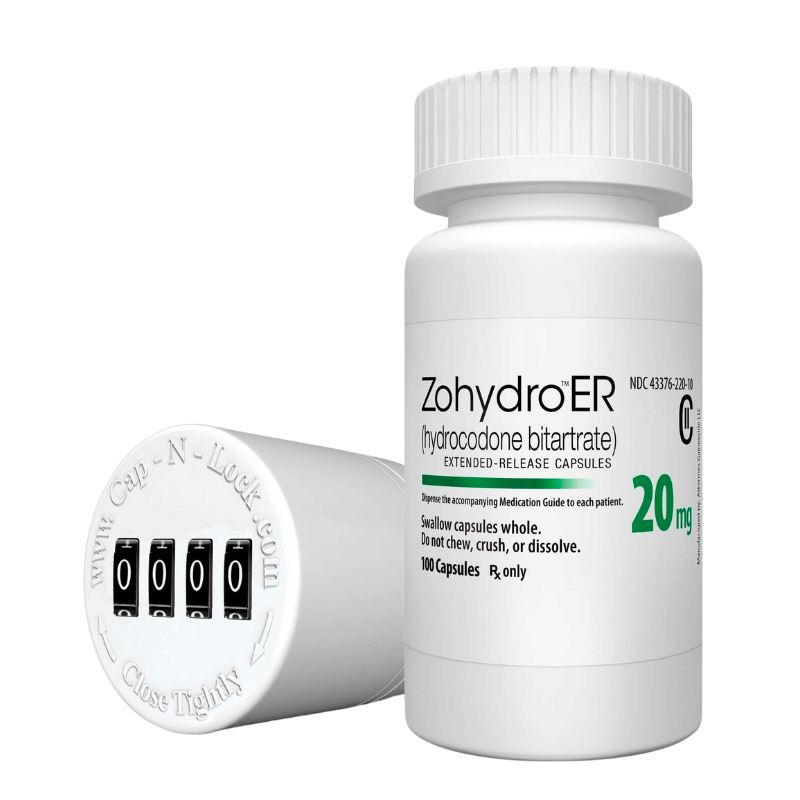
Key Takeaways: Is it Safe to Take Hydrocodone (Zohydro ER) With CBD?
CBD can slow down the metabolism of hydrocodone in the body. It can also make the effects last longer but also increase the risk of side effects such as sedation, dizziness, low blood pressure, and grogginess.
It’s wise to speak to your prescribing physician before you combine CBD and hydrocodone.
Overall, the risk of negative interaction from this combination is considered mild to moderate. Side effects are rare and tend to be mild in nature — but there’s always a risk of experiencing more severe, even life-threatening side effects.
References
- Capano, A., Weaver, R., & Burkman, E. (2020). Evaluation of the effects of CBD hemp extract on opioid use and quality of life indicators in chronic pain patients: a prospective cohort study. Postgraduate medicine, 132(1), 56-61.
- Atalay, S., Jarocka-Karpowicz, I., & Skrzydlewska, E. (2020). Antioxidative and anti-inflammatory properties of cannabidiol. Antioxidants, 9(1), 21.
- Gordon, R., Gordon, R. J., & Sofia, R. D. (1976). Antitussive activity of some naturally occurring cannabinoids in anesthetized cats. European journal of pharmacology, 35(2), 309-313.
Signup to our newsletter
Be the first to know about our newest arrivals and special offers!
